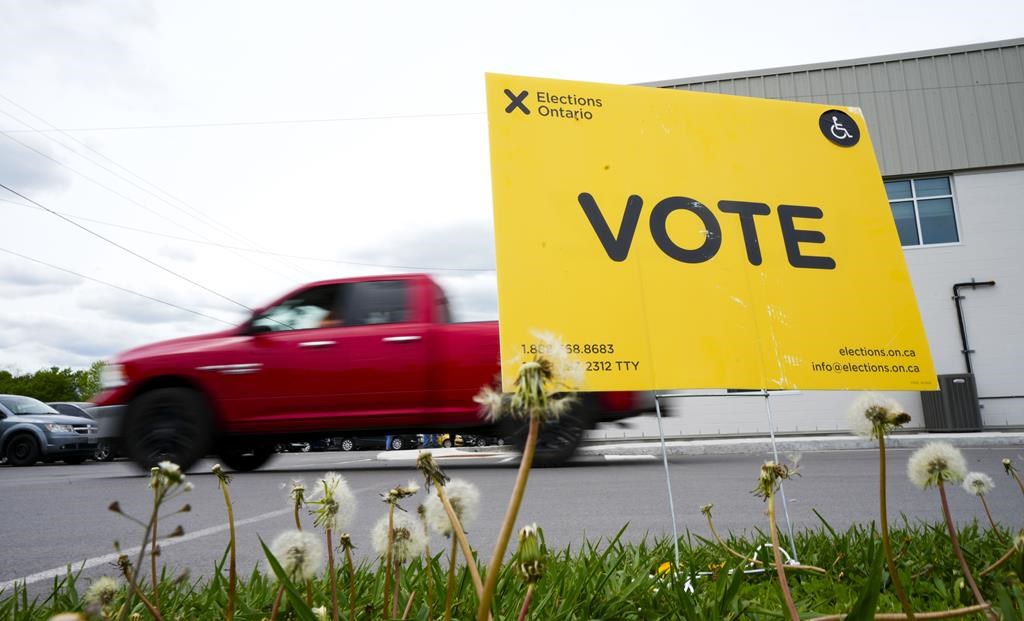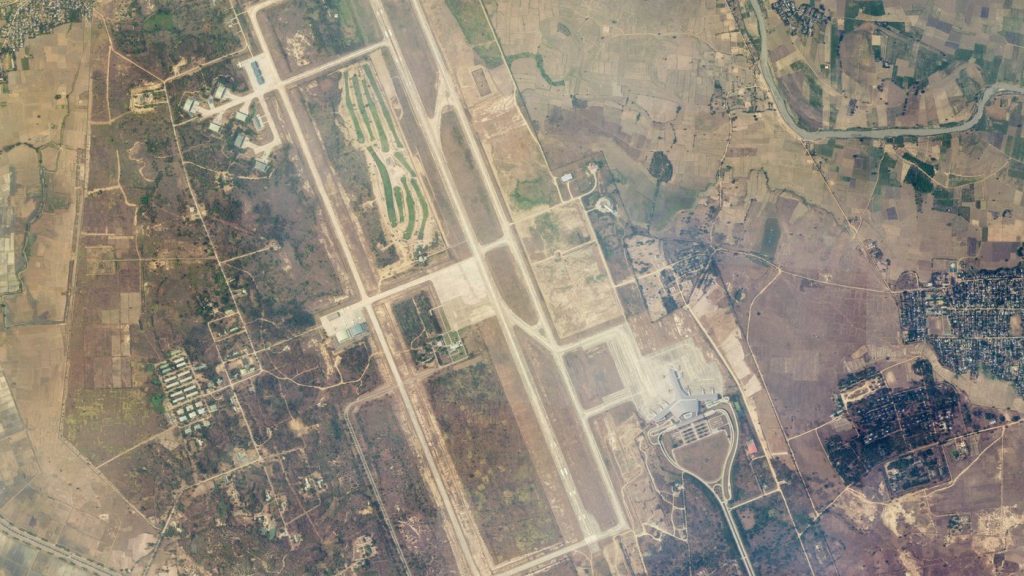Drive-thru and at home voting to be piloted in next Kitchener election

Posted Mar 26, 2025 05:52:11 AM.
Last Updated Mar 26, 2025 10:27:13 AM.
More ways to vote are coming for the City of Kitchener in the 2026 municipal election.
City staff gave a report March 17, proposing to councillors more voting options after researching the topic and gathering public feedback. Council agreed to two new programs: drive-thru voting will be piloted and at home voting will be implemented to help people who are unable to leave their home due to a physical injury or disability.
“From the post-election survey, we know that 90 per cent of respondents were satisfied with the voting opportunities provided,” said Amanda Fusco, Director of Legislated Services, City of Kitchener. “To enhance accessibility staff also investigated other programs that leveraged paper ballots and tabulators.”
City staff mentioned that internet and online voting were of interest to electors, but did not recommend it due to increasing cyber security threats.
“Were not disputing that it remains an accessible method that allows independent voting for individuals with disabilities but also convenience for travellers and post-secondary students,” said Fusco during the council meeting.
“The report addresses in detail risks associated with third-party vendor reliance, rising municipal cyber attacks, foreign interference in online voting systems, a lack of standards and a reduced number of trusted online voting vendors.”
Some issues with vote by mail came up such as voter confusion affecting the ability to ensure that all votes are cast as intended, high increasing postage costs, third-party dependency which could cause delivery delays such as the recent Canada Post strike.
City staff also did not recommend vote by mail as an option for the upcoming municipal election. During the meeting, Coun. Paul Singh did share some concerns about utilizing drive-thru voting and issues that could arise.
“The privacy and the person’s ability not to be influenced by anyone else should be the most primary concern for us through voting methods,” said Singh.
Voters will be able attend a designated drive thru voting location, remain in their vehicle until prompted to drive up to the registration desk then park and all voters should receive a ballot inside a secrecy sleeve, giving them the privacy of the vehicle.
Staff said a study was done by Brock University that show a 1 to 2 per cent increase in voter participation when using online voting, to which Mayor Berry Vrbanovic said he did agree with staff not recommending that route.
Vrbanovic mentioned that it’s become more obvious lately how important local elections are in creating a healthy and prosperous future.
“We only need to look at some jurisdictions to come to appreciate how important democracy and local elections are.”
Staff preferred paper ballots and tabulators because of how accessible they are, and their effectiveness in previous elections.
A program introduced to Kitchener in 2022, curbside voting — where a ballot is brought outside to a voter — will see that option kept while introducing drive-thru locations as a part of a pilot program during advanced voting.
Accessibility was also top of mind, city staff said they will be looking at mask and scent free locations to help with accessibility enhancements going forward. They are also working with KW AccessAbility to see what more can be done to ensure everyone has the equal chance to vote.
The municipal election set for Oct. 26, 2026, is projected to cost about $800,000, that the municipality has to shoulder.








